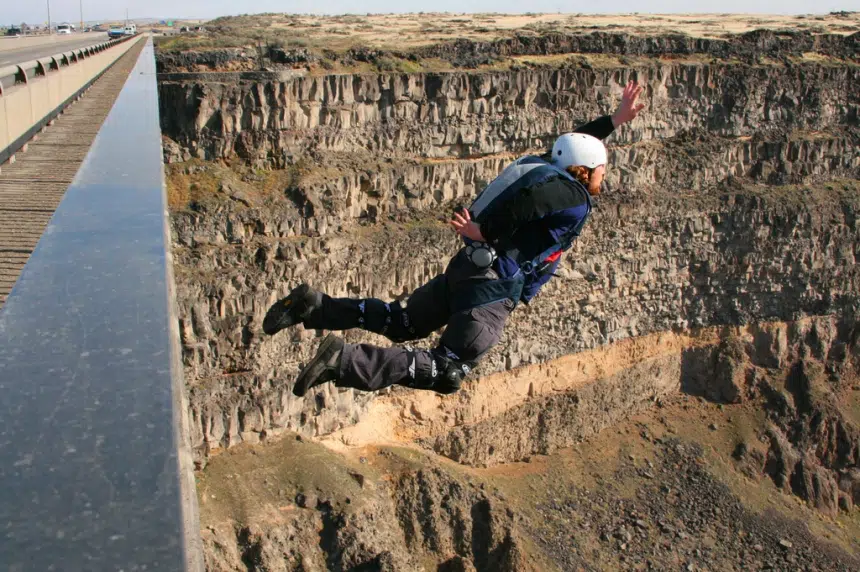Some of us are just born heroes.
At least there’s research to suggest that as Temple University professor Frank Farley explains.
“We have evidence risk-taking is partly genetic. It’s also due to other factors (like) upbringing, social factors, who you hang out with.”
Farley-who studied at the University of Saskatchewan-explores risk-taking and heroism. He spoke on Mainstreet about the three American men who helped stop a suspected terrorist on board a train in France.
Generally, Farley insisted you’ll see the bystander effect more in large crowds compared to smaller ones.
He calls it a diffusion of responsibility where people think somebody else will handle the problem.
“The more people there are the more you think there’s going to be a real hero in there. Maybe there’s someone with a gun or maybe there’s a trained karate expert,” he explained. “But if it’s a very small group it’s hard to evade the action. It’s hard to evade the responsibility.”
He described some people as having what he calls a big ‘T’ personality, which he defines as a thrill seeker, somebody who lives on the edge, seeks excitement and who pushes the envelope. He believes the three Americans fit this description. The military generally attracts these personalities.
A small ‘t’ personality is the exact opposite in that it’s somebody who is deeply risk averse.
He admits finding someone with a big ‘T’ personality is rare.
“We should be teaching risk taking. We need people who are willing to engage uncertainty, to take a risk,” he said.
That can include challenging authority, Farley explained, or it can include taking creative risks. He believes the big ‘T’ personality is the personality of the 21 century.
Hear more of Farley’s interview on the podcast section here.







